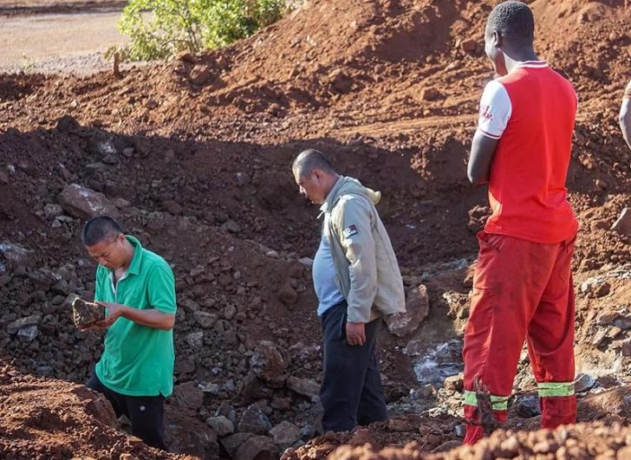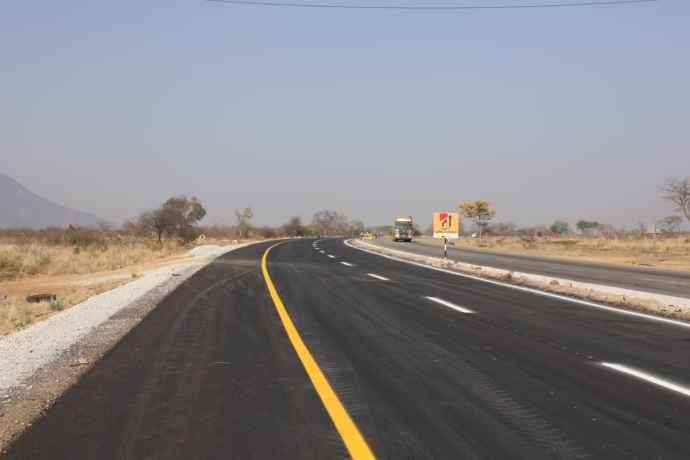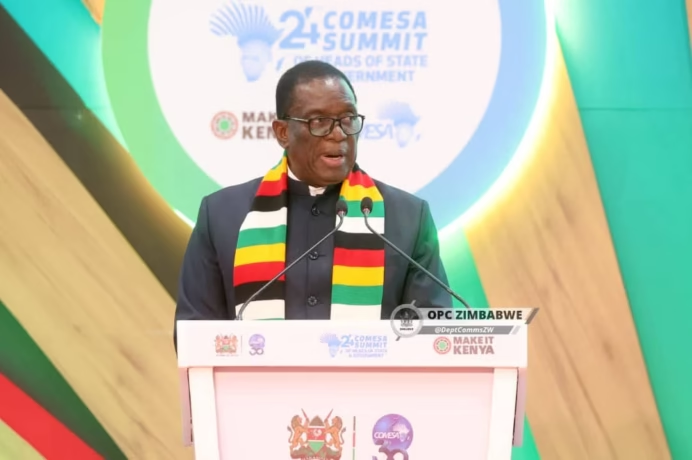
By Aldridge Dzvene
President Mnangagwa’s decision to hand over 1,000 title deeds to farmers and launch irrigation kits for smallholder agriculture marks one of the most decisive interventions in Zimbabwe’s agrarian reform journey, sending a clear message that land ownership and productivity must now walk hand in hand. By placing title deeds into the hands of farmers, the President is not only strengthening security of tenure but also unlocking access to capital, financial inclusion, and long-term investment confidence that has been absent for decades. This move represents a sharp shift from symbolic land redistribution to tangible economic empowerment, where farmers can leverage their land as collateral and establish intergenerational wealth.
Equally transformative is the rollout of smallholder irrigation kits, which dovetails with the country’s climate resilience agenda. With unpredictable rainfall patterns and recurrent droughts threatening food security, President Mnangagwa’s emphasis on irrigation represents a strategic investment in sustainable production. These kits will particularly benefit communal and resettled farmers who are the backbone of rural livelihoods but have traditionally been excluded from modern agricultural technologies. By bridging this gap, the President is ensuring that the gains of land reform are not only political but economic, empowering smallholders to transition from subsistence farming to surplus production that feeds markets and drives exports.
The significance of this policy is twofold. On one hand, it consolidates the President’s vision of an upper middle-income economy by 2030, premised on agricultural modernization and inclusive growth. On the other, it neutralizes long-standing criticisms that land reform created ownership without productivity. By tying secure tenure to irrigation infrastructure, President Mnangagwa is dismantling structural barriers that have stifled output, ensuring that Zimbabwe’s vast agricultural potential is finally harnessed for national development. The timing could not be more strategic, as global food prices remain volatile and domestic demand continues to rise. Empowered with deeds and irrigation tools, Zimbabwean farmers are positioned to become both local food champions and competitive players in regional markets.
This dual policy thrust also redefines the narrative around land and agriculture. For years, the land question has been framed through the lens of politics, dispossession, and redistribution. Yet, President Mnangagwa is now reframing it as a question of productivity, empowerment, and modernization. The deeds provide legitimacy and stability, while the irrigation kits provide the means to maximize output. Together, they represent a comprehensive model for agrarian transformation, one that blends ownership, technology, and resilience.
The announcement should therefore be read not merely as an administrative gesture but as a structural turning point. For the farming community, this is an assurance that their sweat is protected by law and supported by state-of-the-art tools. For the financial sector, it is an invitation to channel credit into agriculture without fear of instability. And for Zimbabwe as a whole, it is a bold reaffirmation that the land, once contested and symbolic, is now central to building prosperity. President Mnangagwa has effectively recalibrated the land debate, shifting it from recovery to growth, from politics to economics, and from survival to transformation.




